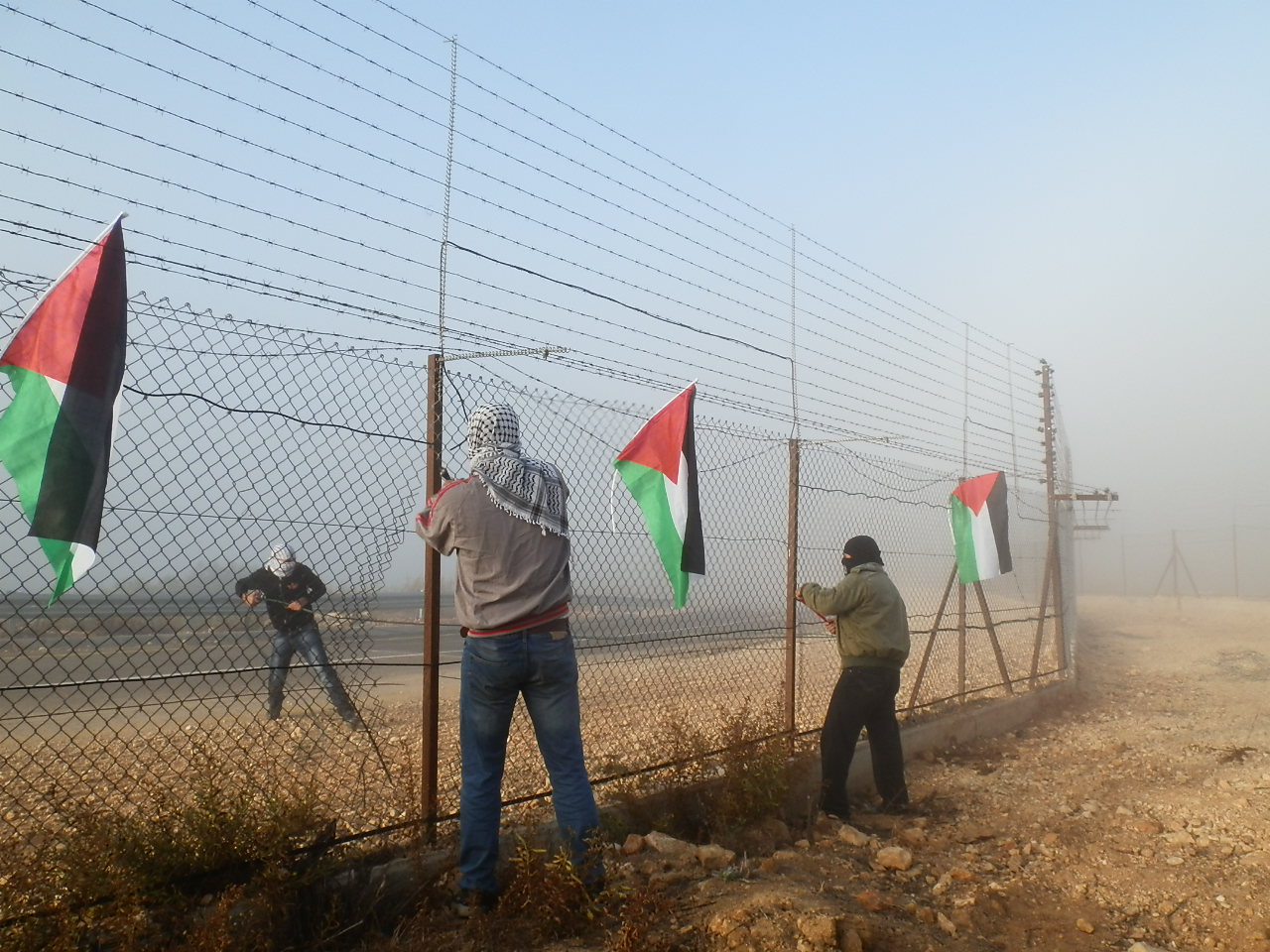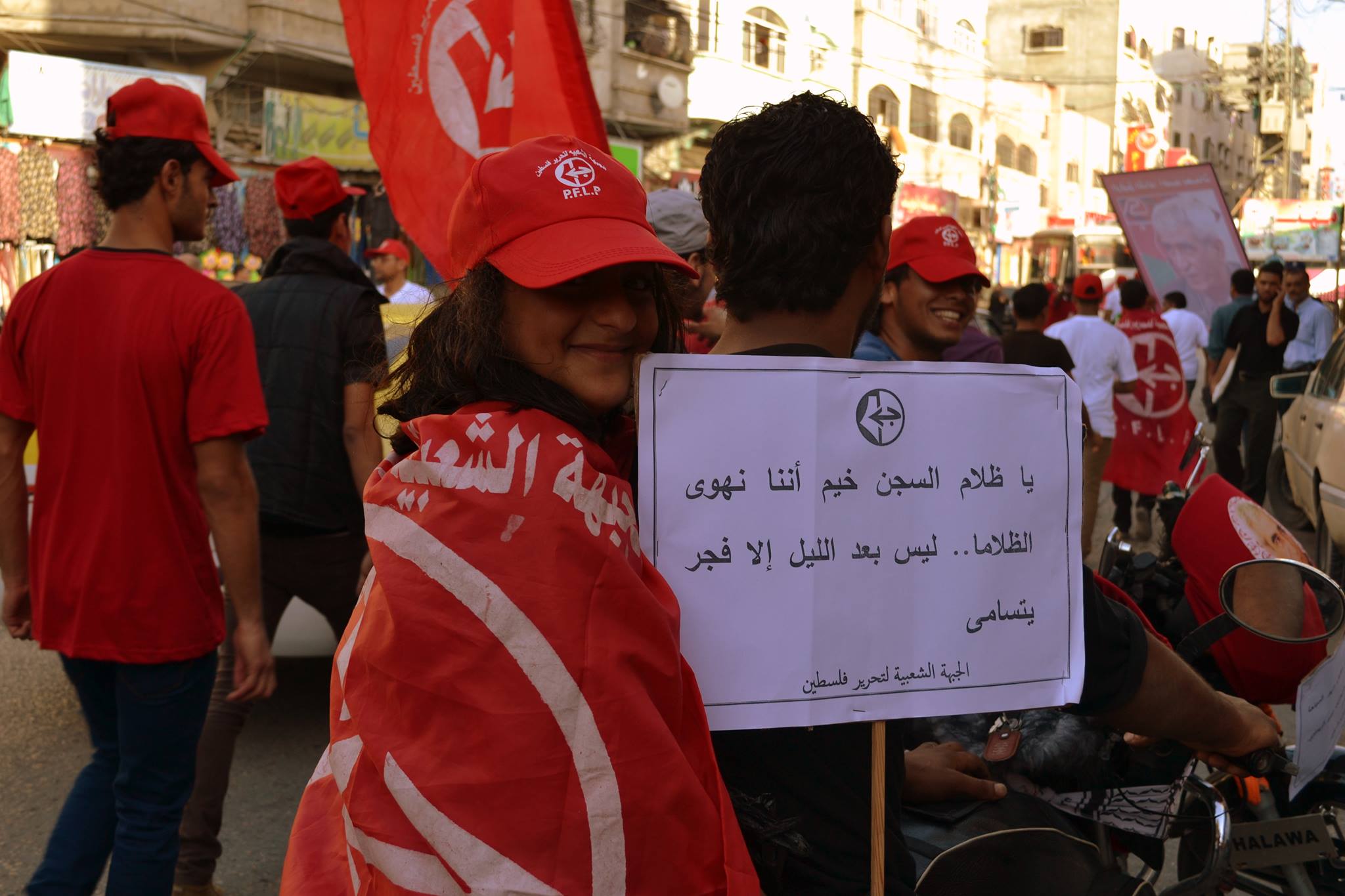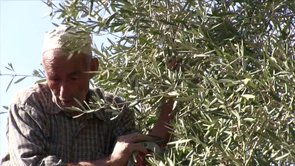Tag: Video
-
Updated with video: Apartheid wall smashed on anniversary of independence declaration
15th November 2013 | International Solidarity Movement, Ramallah Team | Bir Nabala and Rafat, Occupied Palestine This morning, November 15, 2013, 25 years after Yasser Arafat declared independence of the Palestinian state, a group of Palestinian activists undertook a direct action against the annexation wall and fence, supported by both Israeli and international activists. At approximately…
-
Video and photos: March for Ahmad Sa’adat and all Palestinian prisoners, Gaza
23rd October 2013 | International Solidarity Movement, Rosa Schiano | Gaza, Occupied Palestine A march in solidarity with Ahmad Sa’adat and all the Palestinian political prisoners in Israeli jails, Gaza City, 22 October 2013.
-
Video: The olive harvest in the Gaza Strip, 2013
16th October 2013 | International Solidarity Movement, Gal·la | Gaza, Occupied Palestine Palestinians in the Gaza Strip harvest olives during the month of October. Several years ago, a large amount of land was planted with olive trees. They were completely destroyed by Israeli bulldozers, and Palestinians were prevented from replanting them by the so-called “green line.” Today…



